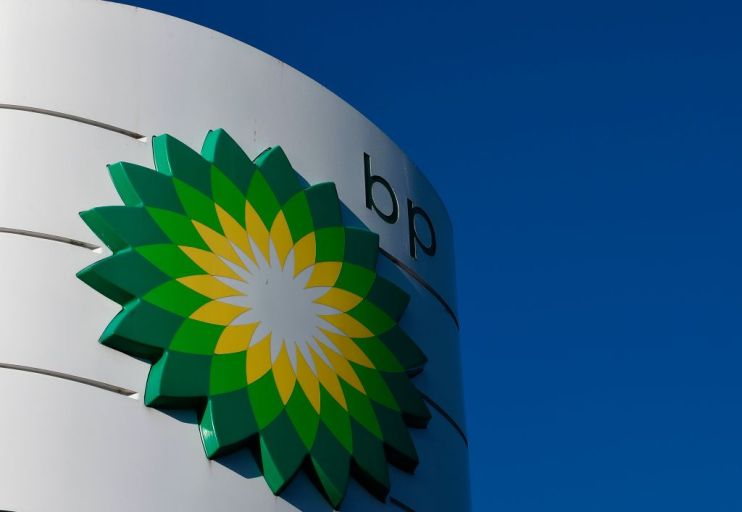BP profit plunges but oil giant beats expectations in Bob Dudley’s swansong

Bob Dudley bowed out after a decade as BP’s chief executive today as the firm outperformed analyst expectations in the face of a challenging macroeconomic environment.
Despite a 26 per cent fall in profit in the final quarter of 2019, the oil giant’s underlying replacement cost (RC) figure – BP’s definition of net income – of $2.57bn (£1.98bn) was far ahead of the $2.1bn analysts had been expecting.
In a year in which BP saw the oil price slump to an average price of $64 in 2019, down from $71 the year before, Dudley announced a 2.4 per cent increase in the firm’s dividend.
In a look back over his decade in charge, Dudley said that although he had inherited BP as it was “facing one of the biggest challenges in its history”, he felt the firm was “fit for the future” and the new challenge of the energy transition.
Analysts hailed the results. Neil Wilson, chief markets analyst at markets.com, said: “Dudley bows out with a flourish, hiking the dividend and ensuring the company he leaves is in better shape than when he took over.”
BP’s shares rose nearly four per cent in the day’s trading.
The figures
BP’s underlying RC profit fell 26 per cent to $2.57bn in the final quarter from £3.48bn a year earlier.
The fall took annual profit for last year to $9.99bn, 21 per cent lower than the $12.72bn registered in 2018.
Sales and other operating revenues slipped slightly to $71.11bn in the fourth quarter of the year from $75.68bn in the final quarter of 2018.
BP had $45.44bn in net debt in the final three months of last year, up from $43.48bn a year earlier.
The oil giant’s cash and cash equivalents at the end of the fourth quarter stood at $22.47bn, marginally higher than in 2018.
A dividend of $0.105 was announced for the quarter, an increase of 2.4 per cent on a year earlier.
Why it’s interesting
BP’s results seemed to vindicate analyst expectations for the results, which are Dudley’s last before handing over to current upstream chief executive Bernard Looney tomorrow.
Sign up to City A.M.’s Midday Update newsletter, delivered to your inbox every lunchtime
RBC Capital Markets said that it was expecting a “relatively resilient set of results” as BP saw production return to expected levels in the third quarter.
It was also pointed out that BP has much less exposure than its rivals to the volatile chemicals market.
Dudley’s tenure began with 2010’s Deepwater Horizon disaster, for which the company paid $2.4bn in charges in 2019. This figure will decrease to less than $1bn per year out to 2032.
BP’s results mark it out from fellow oil majors such as Shell, which last week reported that its profit in the final quarter had halved as the oil industry felt the effect of a worsening slump in oil prices.
It joined other majors such as Chevron and ExxonMobil, whose stocks fell sharply on the back of challenging results.
Stuart Lamont, investment manager at Brewin Dolphin, said: “BP’s results have come in slightly better than expected, but they are still a reflection of the challenging environment for oil and gas companies – the effect of which we also saw with Royal Dutch Shell’s update last week.
“Debt levels are a concern for now, remaining as they do above the 30% mark. However, there are some positives to be taken from the update including the progress of BP’s divestment programme, an increase in production, good reliability, and greater diversification.”
What BP said
Dudley said: “BP is performing well, with safe and reliable operations, continued strategic progress and strong cash delivery.
“This all supports our commitment to growing distributions to shareholders over the long term and the dividend rise we announced today.”
He said that in his final quarter as chief executive, “I am proud to be handing over a safer and stronger BP to Bernard and his team. I am confident that under their leadership, BP will continue to successfully navigate the rapidly-changing energy landscape.”
Chairman Helge Lund hailed the departing Dudley in a brief statement, saying that he was the reason that BP is in as strong as a position as it is today because of him.
He added that Dudley “had positioned BP to dynamically drive the energy transition forward”.